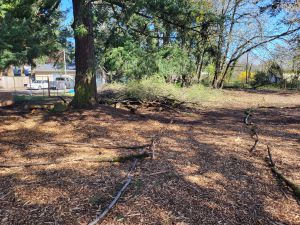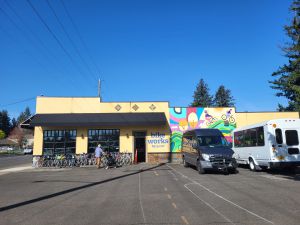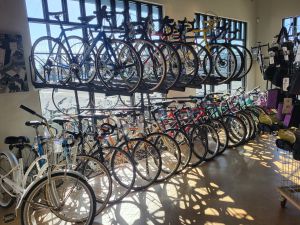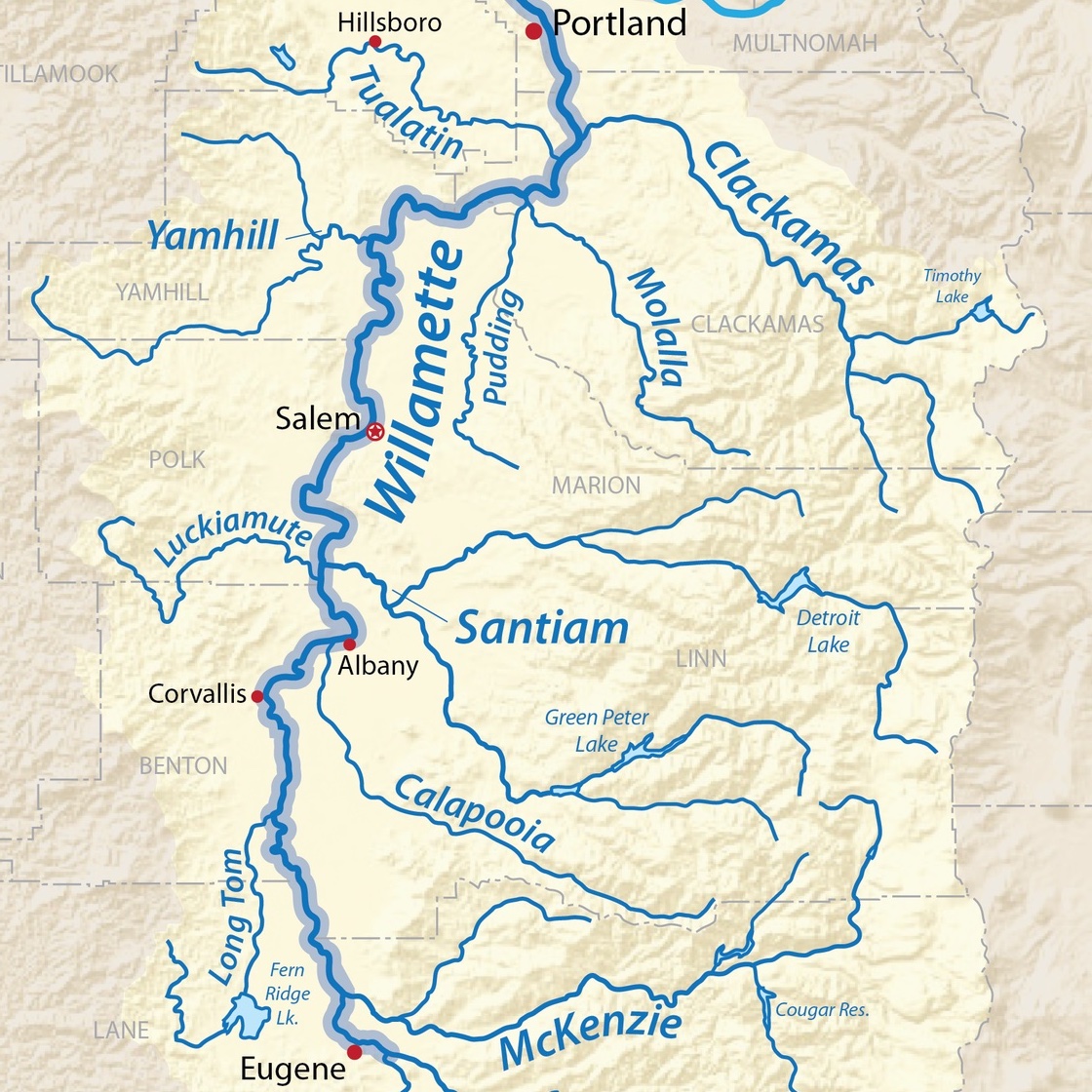P:ear

p:ear - 14127 SE Stark St, Portland, OR 97233
This is a nonprofit organization working with unhoused youth to give them a space to get food, spend time, and learn skills during the day (during the hours when they cannot use the youth shelters).
p:ear’s primary location is in downtown Portland, but they are building a regenerative farm/have a functional bike shop in what is almost Gresham in partnership with the Rosewood Initiative, which is creating community resilience hubs and shade structures for people in an area with a high heat index and low shade equity.
Rosewood Initiative also hosts classes, community fairs, markets, opportunities for legal representation, food pantry events, and other community gathering spaces. Both organizations work closely with underserved communities, including migrant and immigrant communities.
Vision for the Future

Currently p:ear creates skillshares and internship programs that allow unhoused youth to learn skills such as bike repair, studio recording, and barista work. They are expanding to include commercial kitchen experience and regenerative farming.
Their regenerative farming internship will pay three unhoused students in each eight-week cycle to learn about regenerative farming practices and how to grow culturally specific foods.
The Rosewood Initiative and p:ear recently went in together on a large complex of buildings, and they have many plans to depave part of the parking lot to increase space for a food forest. Work on this project is already underway and should be largely completed by September.
They are looking at net-zero operating proposals for future grant cycles. They also intend to put in a bioswale.
Partnerships and Collaborations
p:ear has strong and active relationships with the Rosewood Initiative, Kindness Farm, Ant Farm, Thimbleberry Farm, Depave, NW Trails Alliance, and Sellwood Cycles.
They are largely funded in an ongoing capacity from the Portland Clean Energy Fund (PCEF).
Challenges

They are currently in a lease-to-own mortgage situation, and the neighboring property owners and renters have been difficult to work with. Trash from these sites is occasionally a problem.
Ecoregional Listening Tour Relevance
While this site is closer to the Columbia River than the Willamette River, it would be a very good organization to support in terms of their outreach efforts to unhoused youth, BIPOC, and immigrant communities. They are also a great demonstration of several organizations coming together to collaborate on a vision. They could easily become a bioregional learning center for this underserved community.
Volunteer labor in the food forest would be of high value in this location, and it is spacious enough for 20-30 people outside of peak hours (the bike shop opens at 11 a.m., so earlier would likely be better).
We might also consider a stop at Kindness Farm on the same day as they are relatively close in location and are collaborating regularly.
